





Adynamy
Adynamy (asthenia; Greek astheneia – weakness, powerlessness; synonym: a syndrome asthenic) – a state which is characterized by tearfulness, increased fatigue, irritable weakness, frequent change of mood, a hyperesthesia, frustration of a dream and vegetative disturbances.
Allocate the following types of an adynamy:
- Hypersthenic (hypersthenica; Greek hyper-– over, over, excessive increase in something + Greek sthenos – force) – arises because of weakening of function of active braking; proceeds with the phenomena of irritability, fieriness, loss of self-control; the term is offered by A. G. Ivanov-Smolensk;
- Hyposthenic (hyposthenica; Greek hypo-– from below, under, insufficiency, reduction + Greek sthenos – force) – arises because of weakening of processes of excitement; proceeds with the phenomena of irritable weakness, an exhaustion; the term is offered by A. G. Ivanov-Smolensk;
- Intoksikatsionny (synonym: the neurasthenia intoksikatsionny) – arises against the background of toxicomania and intoxications; it is characterized by development of preferential vegetative disturbances;
- Infectious (infectiosa; synonym: Bongeffera an adynamy) – arises during an infectious disease, or after it;
- Organic (organica; synonyms: the neurasthenia is organic, the pseudo-neurasthenia) – is observed along with initial signs of organic lesions of a brain (weakness of judgments, dysmnesias, etc.);
- Periodic (periodica) – comes pristupoobrazno; it is characterized by frustration of mood with clear depressive components;
- Mental (psychica) – is expressed by the raised exhaustion of mental processes and delay of their recovery; it is combined with emotional lability and a mental hyperesthesia;
- Physical (physicalis) – an adynamy with dominance of a bystry physical exhaustion.
The educated person is less subject to brain diseases. Intellectual activity promotes formation of the additional fabric compensating sick.
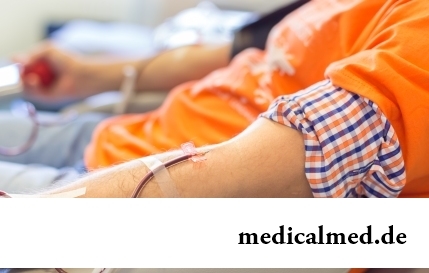
Transfusion of donor blood has almost century history. In spite of the fact that this procedure is quite usual for many people, itself п...
Section: Articles about health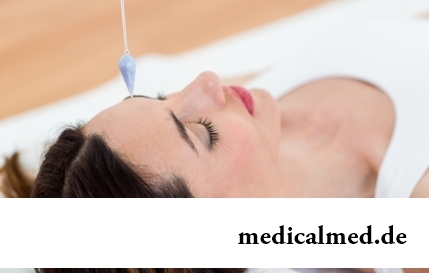
Practice of hypnotic impact on consciousness of the person contains about two millennia. During this time scientists managed to learn a lot of things about a phenomenon of hypnosis and learned to facilitate a condition of the patients having heavy illnesses with its help....
Section: Articles about health
Phobia – the persuasive fear of a certain contents shown in a specific situation against the will of the person. Concepts of a phobia and fear are similar, however if the fear is natural protective function of mentality, then the phobia is its deviation. So the person can feel the unaccountable, baseless fear accompanied with neurotic symptoms (perspiration, a shiver, a fever) before any ordinary phenomenon – for example, a trip by the subway or a simple dog....
Section: Articles about health
People know that thermal sources have salutary force long ago. Treatment by natural waters is one and...
Section: Articles about health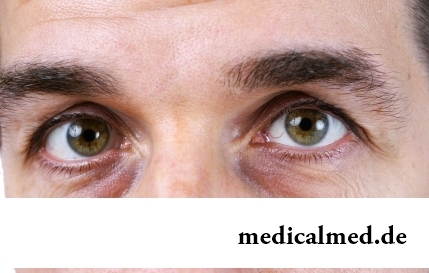
Zone hypostases under eyes - very widespread problem giving to people is a lot of inconvenience. Hypodermic fabric in these parts has very loose structure and almost does not contain collagenic fibers. Besides, the skin covering подглазья constantly is exposed...
Section: Articles about health
You are office worker, the driver, the fan of winter sports or do not think of life without bicycle? You lead a slow-moving life and you move on the city only on the car? You have no constant partner and you do not love the protected sex? Attention! You unambiguously are a potential target for prostatitis. It is not necessary to panic, it is necessary to work....
Section: Articles about health
The climax, or menopause is the normal process of the termination of genital function of the woman which is followed serious hormonal...
Section: Articles about health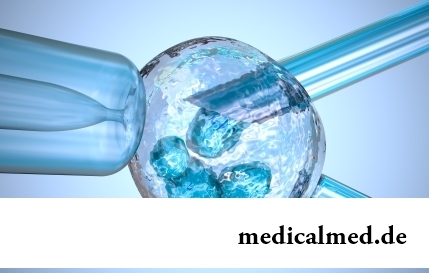
EKO, or extracorporal fertilization - a method of treatment of infertility which became the reason of a set of broken-down copies in due time accused the people working on its creation neither more nor less of rivalry good luck. Already very few people deny the rights...
Section: Articles about health
For most of the working people the problem of having a snack is particularly acute enough. Sooner or later there is a question: what can be eaten quickly between a breakfast and a lunch or a lunch and leaving from service so that to receive necessary power feed, but not to overload an organism with harmful components or excess calories? We bring to your attention the list of products which quite conform to these requirements....
Section: Articles about health
Visit of doctors – business not the most pleasant, and many people do not hurry to undergo necessary planned inspections. Such behavior...
Section: Articles about health
Today about 30 diseases, sexually transmitted are known. Wide circulation of these illnesses is extremely promoted by the dual attitude towards them: on the one hand, most of people know about "shameful" diseases and not a stirrup very little...
Section: Articles about health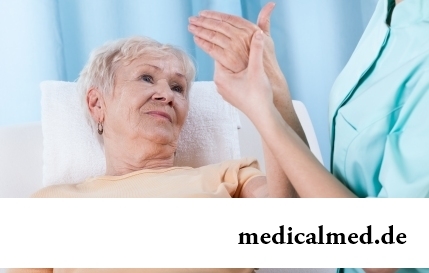
Osteoporosis this general disease which main sign is decrease in density of a bone tissue. On distribution width it takes the fourth place among noninfectious diseases. The illness develops at mature age more often: in our country about a third of women and a quarter of men suffers from it 50 years are more senior....
Section: Articles about health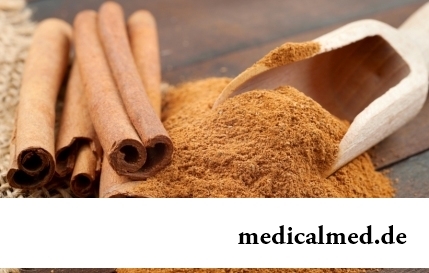
Ayurveda - the most ancient tselitelsky practice which came to us from India. It represents the doctrine about maintenance physical, ps...
Section: Articles about health
The problem of diagnosis was and remains to one of the most important in medicine. From that, the reason of an indisposition of the patient will be how precisely defined, eventually success of treatment depends. In spite of the fact that the majority of the diagnostic methods applied in about...
Section: Articles about health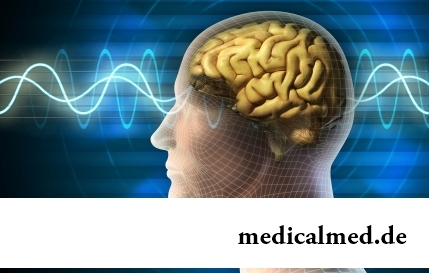
The brain of the person is studied not one hundred years, but the quantity of the riddles connected with this body increases rather, than decreases. Perhaps, numerous delusions concerning a structure and functioning of a brain are explained by it, many of which arose long ago, but continue to exist and today. Such we are ready to acquaint readers with the most widespread myths....
Section: Articles about health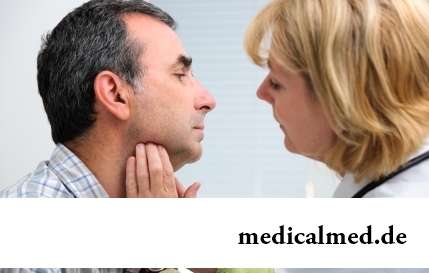
The endocrine system carries out in a human body extremely important role, practically all processes of life activity регулируютс...
Section: Articles about health
Household skills which to us so diligently imparted in the childhood it appears, not always bring only benefit. According to results of the last researches, some habits which for a long time were considered useful and even necessary can become...
Section: Articles about health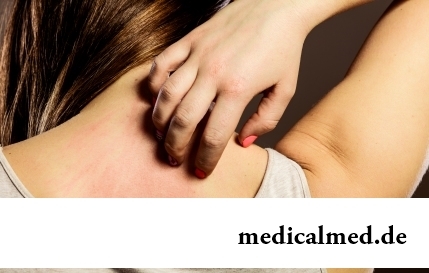
Frosty air, fresh wind and easy snowball at most of Russians are associated with cheerfulness, health and cheerful entertainments on which our winter is so generous. But, unfortunately, cold season sometimes brings also troubles with health. It is not about seasonal colds and frostbites, and about those chronic illnesses which symptoms are shown preferential in the winter....
Section: Articles about health
The majority of gynecologic diseases prove three main signs, each of which speaks about need to the visa...
Section: Articles about health
The phenomenon of improvement of a condition of the patients at administration of drugs who are not containing active agents, so-called effect of placebo is known long ago. At the end of the 18th century the American doctor Perkins began to treat people the "miracle" sticks made of a spl...
Section: Articles about health
Heart disease and blood vessels lead to disturbance of blood supply of bodies and fabrics that involves failures in their work, deterioration in health of the person, decrease in its working capacity and standard of living. Annually more than 17 million inhabitants of our planet perish from pathologies such....
Section: Articles about health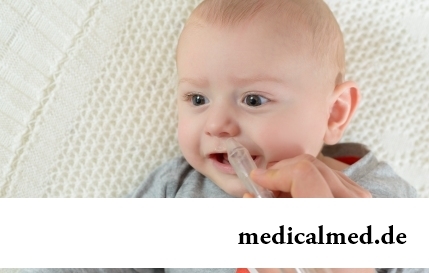
Maternal milk is the best food for the newborn. It is the unique natural product containing optimum set...
Section: Articles about health
Eyes – unique body on the structure thanks to which the person obtains about 80% of information on the world around: about a form, color, size, the movement, and also many other parameters of objects or phenomena. But whether much we know about the most valuable body...
Section: Articles about health
All parents are ready to what the baby often and pisat much. Since then, as the absorbing diapers strongly became current, keeping of the kid in dryness does not represent any problems. But if the grown-up kid continues to urinate in panties, parents begin to feel concern – whether it is normal, or the kid has an urine incontience? Let's try to understand what is enuresis why it arises at children and at what age it is necessary to begin it to treat....
Section: Articles about health
Subfebrile temperature call fervescence to 38 degrees, and subfebrile condition - existence of such temperature from above...
Section: Articles about health
Within several decades of our compatriots convinced that the use of butter nasty affects a condition of coronary vessels. As a result the reputation of a product was impaired thoroughly a little, and many almost ceased to include...
Section: Articles about health
We present to yours the TOP of the medicamentous means exerting the stimulating impact on a potentiality, i.e. on ability of the man to commission of sexual intercourse. At once it is necessary to tell that not always disturbances of erectile function can be eliminated with reception of this or that drug. The reasons of decrease in a potentiality there can be a set, from banal overfatigue before tumoral process in a small basin therefore if the man faces similar problems too often, it should turn...
Section: Articles about health
